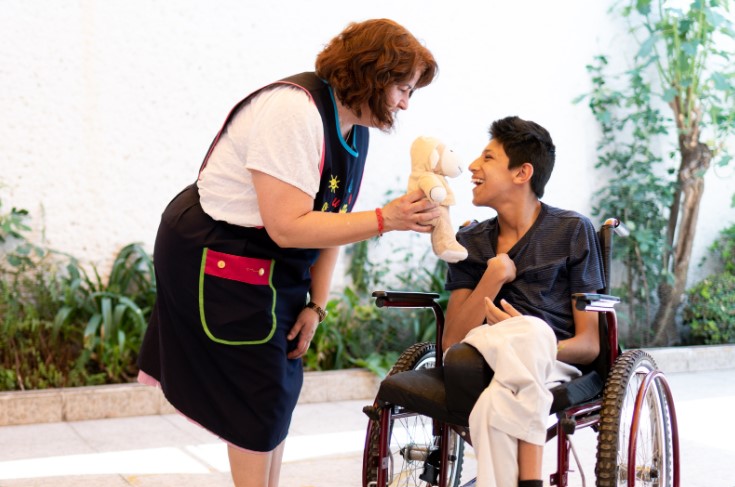
Delivering High-Intensity Personal Activities (HIPA) through the NDIS comes with several significant risks, primarily due to the complexity and specialised nature of the care required. The risks include:
Inadequate Training and Skills for Support Workers: HIPA requires support workers to have specialised training and skills. Inadequate training can lead to improper care, resulting in serious health complications for clients.
Medication Errors: Administering medications, especially complex regimens, poses a risk of errors, which can lead to adverse drug reactions, ineffective treatment, or severe health consequences.
Infection Control Issues: Many HIPA activities, such as wound care and catheter management, require strict adherence to infection control protocols. Any lapse can result in infections, which can be dangerous for individuals with compromised health.
Mismanagement of Medical Equipment: Incorrect use or maintenance of medical equipment, such as ventilators, feeding tubes, or tracheostomy equipment, can lead to equipment failure or harm the client.
Behavioural Incidents: Individuals requiring HIPA often have severe behavioural challenges. Inadequate support or mishandling can harm the client, support workers, or others.
Emergency Situations: Clients with complex needs may experience medical emergencies that require immediate and skilled intervention. Delays or improper responses can have serious consequences.
Documentation and Compliance: Accurate and thorough documentation is essential for HIPA. Incomplete or incorrect records can lead to gaps in care, legal issues, and challenges in coordinating care.
Physical and Emotional Strain on Support Workers: The high demands of HIPA can lead to burnout and high turnover among support workers, affecting the continuity and quality of care.
How to Reduce the Risks of HIPA
To reduce the risks associated with High-Intensity Personal Activities (HIPA) and increase the quality and safety of care, NDIS providers can implement the following strategies:
Comprehensive Staff Induction and Training: Ensure all support workers undergo rigorous and ongoing training specific to HIPA. This should include hands-on training, certification, and regular refresher courses to keep skills up-to-date.
Clear HIPA Policies and Procedures: Develop and enforce clear, detailed protocols and procedures for all HIPA activities. Ensure all staff are familiar with and adhere to these guidelines.
Regular Competency Assessments: Conduct regular assessments of support workers to ensure they maintain the required competency levels for performing HIPA tasks safely and effectively.
Infection Control Measures: Implement strict infection control protocols, including regular hand hygiene training, use of personal protective equipment (PPE), and proper sterilization techniques for medical equipment.
Medication Management Systems: Use automated medication management systems to minimise errors. Provide training on medication administration and establish double-check procedures for high-risk medications.
Regular Equipment Maintenance: Ensure all medical equipment is regularly maintained and serviced. Provide training on the correct use and troubleshooting of equipment to prevent failures and mishandling.
Behavioural Support Training: Offer specialized training in behavioural management techniques for support workers to handle clients with severe behavioural challenges safely and effectively.
Disaster and Emergency Preparedness: Develop and regularly update emergency response plans. Conduct drills and training sessions to prepare support workers for potential medical emergencies.
Documentation and Compliance: Maintain accurate and detailed records of all HIPA activities. Use electronic health records to track care plans, progress, and any incidents or changes in the client’s condition.
Support Worker Well-Being: Provide support workers with emotional and physical well-being. Offer counselling services, stress management programs, and opportunities to rest and recuperate to prevent burnout.
Compliance and Audits: Regularly audit HIPA services to ensure compliance with NDIS standards and regulations. Address any identified issues promptly and thoroughly.
By adopting these strategies, NDIS providers can enhance the safety, quality, and effectiveness of High-Intensity Personal Activities, ultimately improving outcomes for clients with complex needs.
Join us for a practical NDIS Module 1 Information Session on July 31st as we delve into the essentials of high-intensity personal activities under the NDIS guidelines.
Whether you’re an owner/operator, manager, compliance manager, quality manager, or support worker looking to deepen your understanding or enhance your organization’s practices, this session offers essential knowledge to support your role effectively.
